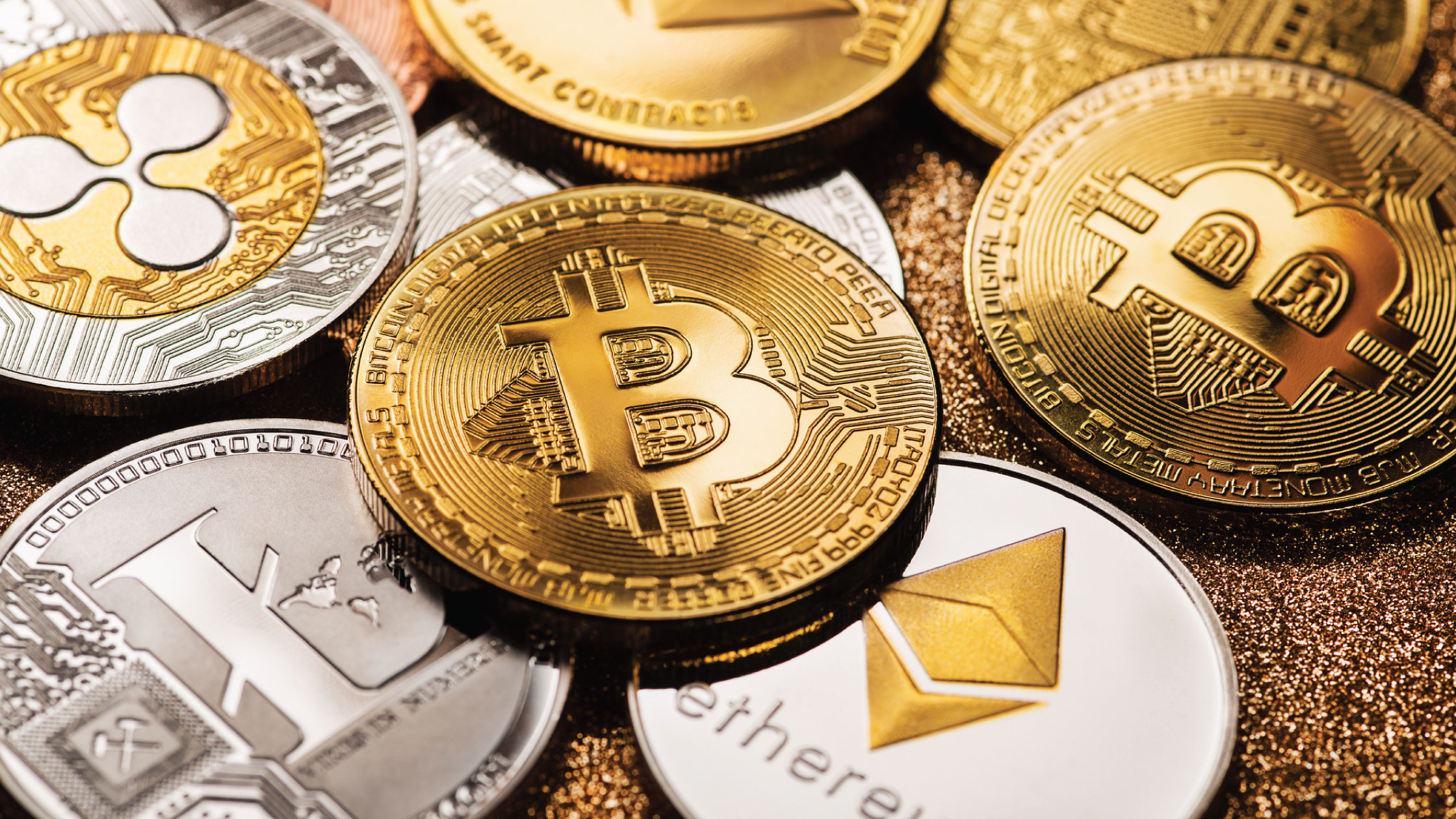3 Reasons Why I Won’t Be Buying Coinbase Shares
April 14, 2021

As the price of Bitcoin (BTC) hit a new all-time high of over US$63,000 this week, it also happened to coincide with the upcoming listing of cryptocurrency exchange platform operator Coinbase.
However, instead of a traditional initial public offering (IPO), Coinbase is listing on the Nasdaq exchange in the US via a direct listing. Shares are set to start trading today (Wednesday) under the ticker “COIN” when the market opens.
Effectively, a direct listing allows a company’s management to set a price of existing shares – and skip all the expensive banker fees – by selling them on the open market when it lists.
Coinbase is the largest cryptocurrency exchange in the US by trading volume and, as a result of the Bitcoin craze recently, has benefitted as it looks to float shares.
Don’t get me wrong, cryptocurrency (and more specifically blockchain) is a game-changer in terms of its disruptive characteristics.
But here are three reasons why I won’t be investing in Coinbase shares any time soon.
1. Insane valuation
Generally, valuation can be a subjective matter. According to market wisdom, a stock is only worth what investors are willing to pay for it.
Yet, if we take a look at what valuation that Coinbase is looking to list at, it quickly becomes clear that it’s unanchored from reality. In 2020, Coinbase posted US$1.28 billion in revenue – registering a blistering 139% year-on-year growth.
Using the typical price-to-sales (PS) ratio that high-growth companies are measured against, a mooted valuation of close to US$100 billion would give Coinbase a trailing PS ratio of an eye-watering 78x.
Even Snowflake Inc (NYSE: SNOW), the data warehousing firm which went public in a highly-anticipated IPO last year, “only” commanded a trailing PS ratio of 60x when it hit the market.
2. Competitive threats
There’s no doubt that Coinbase has massive trading volume on its platform. The company earlier this month said it likely generated US$1.8 billion in revenue in the first quarter alone, crushing the US$1.28 billion it did in the whole of 2020.
Amid all the hype, though, investors should consider what services Coinbase actually offers. It allows users to trade cryptocurrencies but there’s a catch.
First, the selection of cryptos that Coinbase supports is limited. Many other exchanges out there support altcoins, such as Dogecoin – a meme coin associated with Elon Musk.
Second, commission on Coinbase are exceedingly high. For blockchain proponents saying that crypto reduces transactional friction, this is an oxymoron when looking at Coinbase.
Buying just US$5,000 in Bitcoin would see you have to give US$80 in commissions to Coinbase. In a world of zero-commission stock trading in the US, this model seems like it’s ripe for disruption.
3. Regulatory uncertainty
Finally, Coinbase is riding high on Bitcoin’s rise but the regulatory outlook is a lot murkier. Governments and central banks (as well as Big Tech) worldwide are actively pushing “stable coins” that are tethered to the price of the US dollar and based on the fiat system.
With China having already started up its own “digital yuan”, the US is likely to follow suit in the not-too-distant future with its own central bank-issued USD coin (USDC).
With Coinbase having no exposure to stable coins and their trading (which other crypto exchanges do offer), it’s a regulatory risk that investors should be cognisant of over the longer term.
See how it performs
The hype of such a big listing such as Coinbase can easily persuade us to pile into it. However, as investors we should fully understand the business before we put our hard-earned money into its shares.
However, if you’re still a fan, it might just be worth waiting a few months and seeing how Coinbase’s business performs as a public company before investing; after all the hype has dissipated.
For investors who are still bullish on cryptocurrency, it might just be easier to actually buy Bitcoin. At least this provides you with broader exposure to the technology rather than buying one of the (many) crypto exchange operators.
Disclaimer: ProsperUs Head of Content Tim Phillips doesn’t owns shares of any companies mentioned.

Tim Phillips
Tim, based in Singapore but from Hong Kong, caught the investing bug as a teenager and is a passionate advocate of responsible long-term investing as a great way to build wealth.
He has worked in various content roles at Schroders and the Motley Fool, with a focus on Asian stocks, but believes in buying great businesses – wherever they may be. He is also a certified SGX Academy Trainer.
In his spare time, Tim enjoys running after his two young sons, playing football and practicing yoga.







